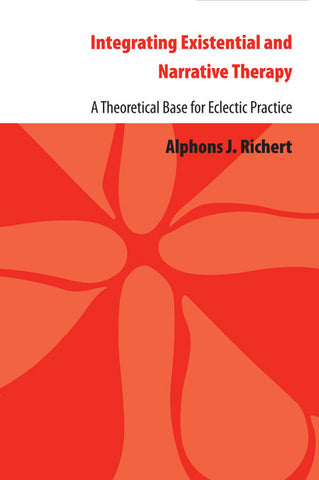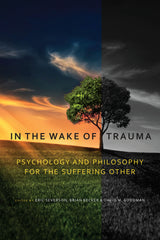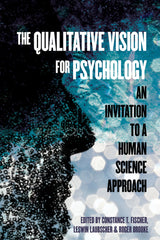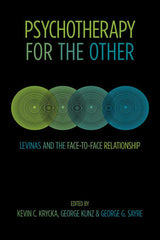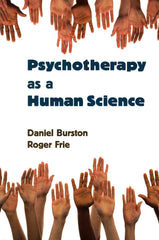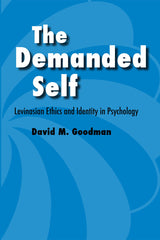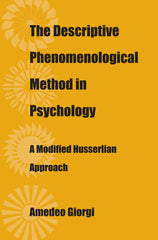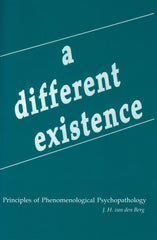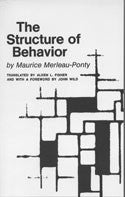Integrating Existential and Narrative Therapy: A Theoretical Base for Eclectic Practice
Alphons J. Richert $35.00Published in 2010 | 409 pages | paper | ISBN: 978-0-8207-0439-5
Reviews:
“Integrating Existential and Narrative Therapy: A Theoretical Base for Eclectic Practice by Alphons Richert . . . offers the reader a detailed example of one variety of psychotherapy integration. His book constitutes an impressive, scholarly work that includes extensive historical review of psychotherapy integration.” —PsycCRITIQUES
“Richert's primary focus . . . is to describe and illustrate with case examples . . . a rationale for integrating existential and narrative approaches for psychotherapy. . . . [T]his work would best serve an audience of serious scholars and practitioners who seek to practice by an integration of narrative and existential psychotherapy.” —PsycCRITIQUES
Book Information:
Responding to what he perceives as the ever-increasing medicalization of psychotherapy in recent decades, whereby clients are seen as mostly passive recipients of services, Alphons J. Richert offers therapists a collaborative theory that reasserts the importance of a client-centered approach to therapy. To be most useful to the client, he maintains, therapists must not be entirely tied to a particular school or approach, but must have a guiding framework that enables them to work flexibly, engaging in different activities at different times and with different clients, but always with a clear understanding of why they are doing so.
Rooted in a primarily constructivist framework, Richert sets out to develop an approach that uses both existential and narrative thinking regarding the process of change. After each of these approaches — including the similarities and major differences between them — are outlined, a more integrative method can be described, as Richert focuses on the interplay of bodily, lived experience and socially constructed meaning in the creation of the person's self and world. A client is best served, he argues, when the therapist attends carefully to such meaning-making processes, and a creative synthesis of existential and narrative approaches grants particular emphasis to the human process of meaning-making on both these internal and interpersonal levels.
As a scholar and a practitioner, Richert also discusses the implications of this integrative position for the actual practice of therapy. Acknowledging the variety of needs, difficulties, and complex cases therapists must often address, this approach offers a systematic and purposeful approach to psychotherapy that simultaneously equips the therapist to adapt to the constantly developing therapeutic enterprise and to flexibly engage different clients with a diverse assortment of activities, interventions, and methods of treatment.
Integrating Existential and Narrative Therapy will be of special interest to scholars and clinical psychologists who pursue either of these approaches to psychotherapy, as well as to those who seek to enhance a variety of other methodologies.
Author Information:
ALPHONS J. RICHERT is professor emeritus of psychology at Western Illinois University. In addition to serving on the editorial board of the Journal of Psychotherapy Integration, he is a member of the Society for the Exploration of Psychotherapy Integration and the Society for Psychotherapy Research.

